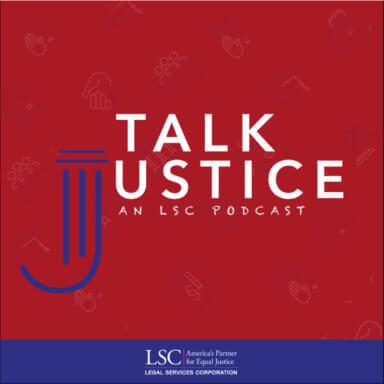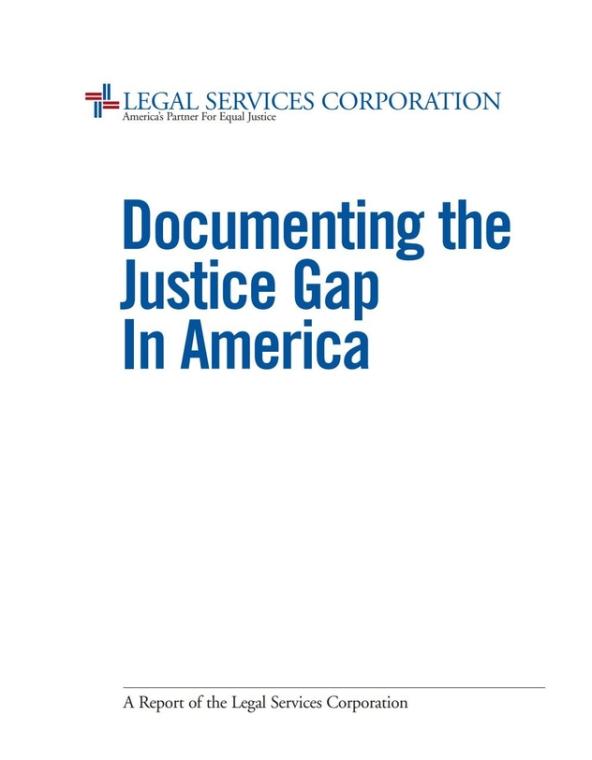White House allocates funds for LSC disaster relief

The White House’s Domestic Supplemental Request to Congress includes $21 million in disaster relief for LSC. This is the first time that the White House has included funds for LSC in its request for disaster relief.






